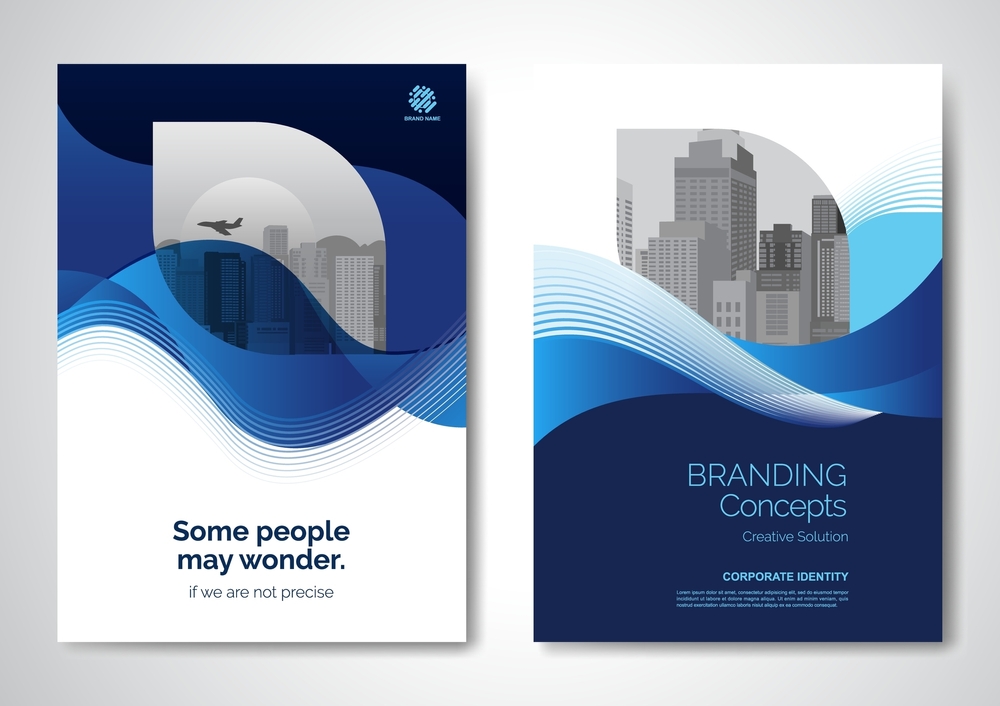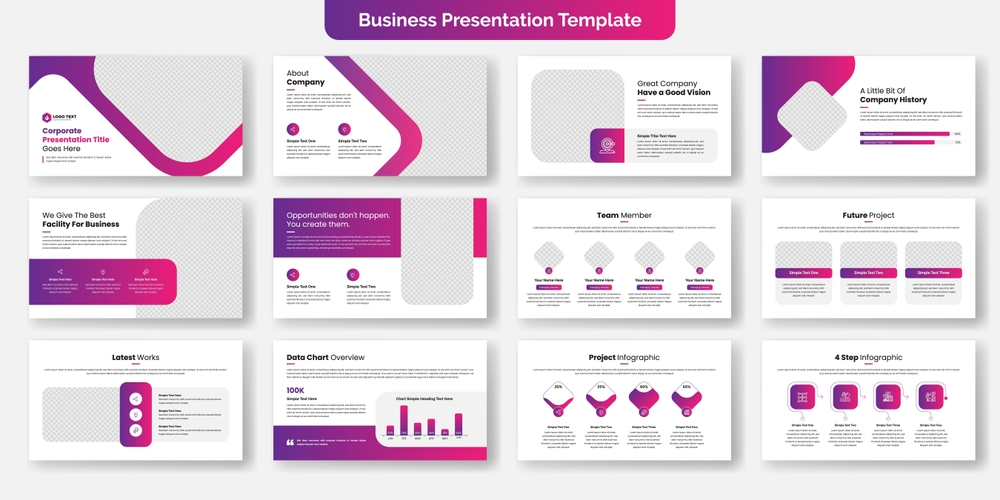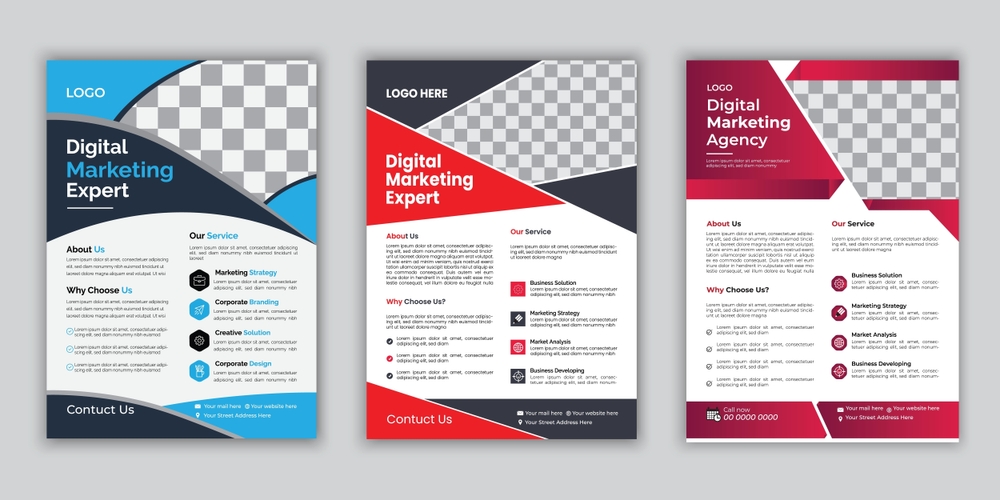Why Choose Custom Digital Brochures?
In the digital era, businesses need dynamic and engaging marketing materials. Custom digital brochures offer an innovative way to communicate your brand’s message effectively. Unlike traditional printed brochures, digital versions are interactive, cost-effective, and environmentally friendly.
Benefits of Custom Digital Brochures
1. Cost-Effective and Eco-Friendly
Switching to custom digital brochures reduces printing costs and eliminates paper waste, making it a sustainable marketing choice.
2. Engaging and Interactive Features
With multimedia elements like animations, videos, and clickable links, digital brochures enhance audience engagement.
3. Easy Distribution and Accessibility
Share your customized digital brochures via email, social media, or websites, ensuring a wider reach.
4. Instant Updates and Modifications
Unlike print brochures, digital versions allow real-time updates, ensuring accurate and relevant content at all times.
Key Elements of a High-Quality Digital Brochure
1. Visually Appealing Design
Aesthetic appeal is crucial. Use professional brochure templates, high-resolution images, and modern typography to create an engaging design.
2. Compelling Content
Ensure concise, persuasive, and well-structured content that aligns with your brand voice.
3. Interactive Features
Add clickable links, embedded videos, and animations to make your digital business brochure more engaging.
4. Mobile-Friendly Layout
Optimize your digital brochures for mobile devices to enhance user experience.
How to Design a Custom Digital Brochure
Step 1: Define Your Purpose
Understand your target audience and determine the brochure’s objective—be it product promotion, brand awareness, or service introduction.

Step 2: Choose the Right Software
Tools like Canva, Adobe InDesign, and FlipHTML5 offer user-friendly platforms for creating custom digital brochures.
Step 3: Focus on Branding
Incorporate your brand colors, fonts, and logo for a cohesive and professional look.
Step 4: Use High-Quality Visuals
Select high-resolution images and graphics to maintain a polished appearance.
Step 5: Add Interactive Elements
Enhance user experience with clickable links, call-to-action buttons, and embedded media.
Best Platforms to Create Custom Digital Brochures
1. Canva
A user-friendly design platform with customizable brochure templates and drag-and-drop features.
2. FlipHTML5
Perfect for creating interactive digital brochures with flipping page effects and multimedia integration.
3. Adobe InDesign
A professional design tool for creating high-quality, print-ready corporate digital brochures.
Why Choose Digitor for Custom Digital Brochure Design?
At Digitor, we specialize in crafting bespoke digital brochures that align with your brand identity. Our design experts ensure:
- Stunning visuals with a user-friendly layout
- Custom branding with unique typography and colors
- Interactive elements that captivate your audience
Explore our brochure design services today!
Conclusion
Custom digital brochures are a powerful marketing tool for businesses looking to make an impact. With interactive features, cost savings, and eco-friendly benefits, they are the future of branding and communication.
Start designing your custom digital brochure today and elevate your marketing strategy!










